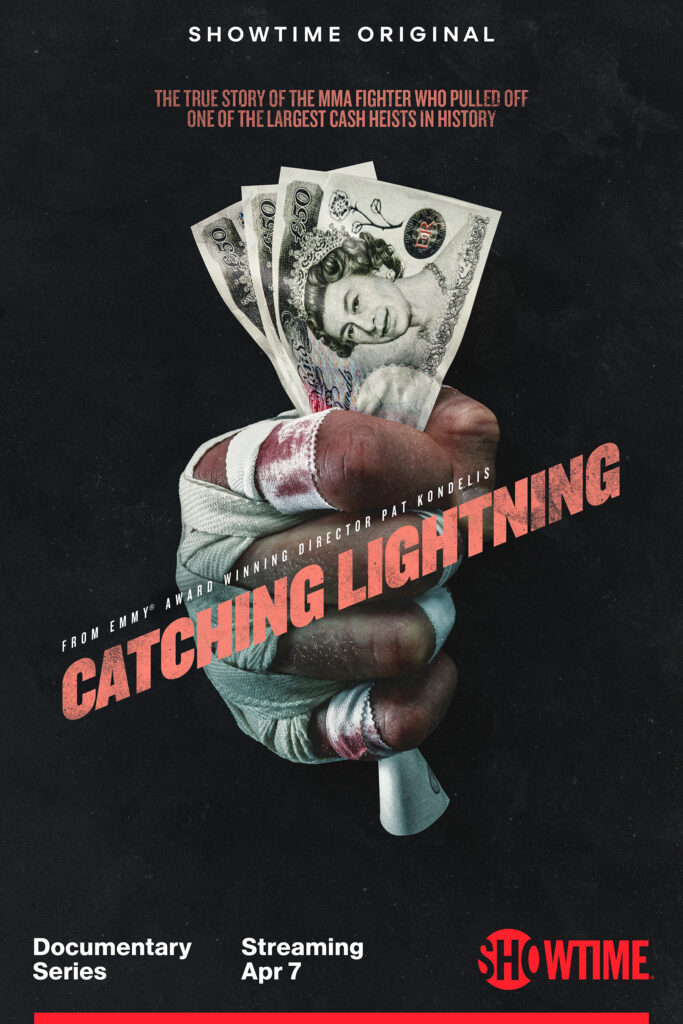gay
This is a warning for visitors and tourists wanting...
These boots aren’t made just for walking. In the...
Couples traveling together to Thailand this month can speed...
Coincidentally, two of the more satisfying evenings I’ve had...
You let down your people, Evita. You were supposed...
Judy Garland’s life was stranger than fiction. An international star...
This isn’t a political blog by any means. It’s...
Nicely tying up my time in Jamaica with a...
The phrase “mixed feelings” doesn’t do justice to my long-held antipathy...




















